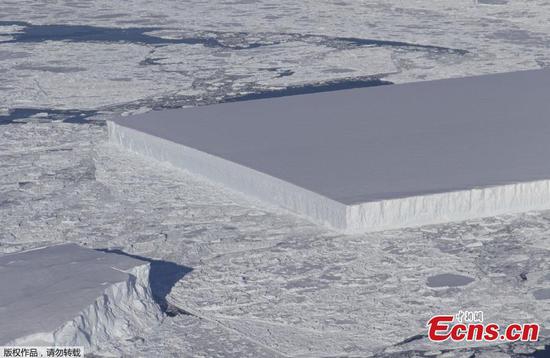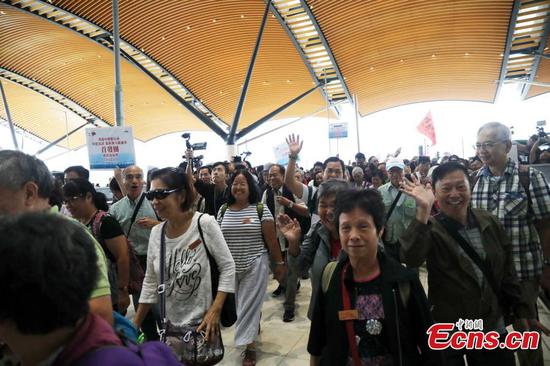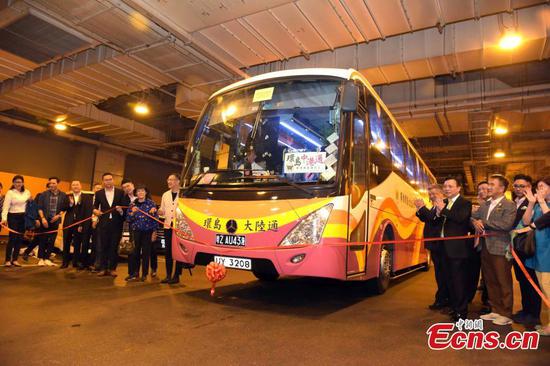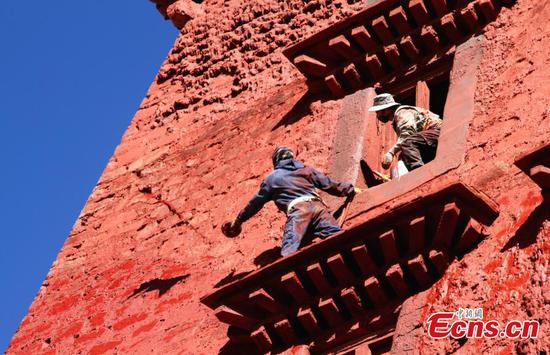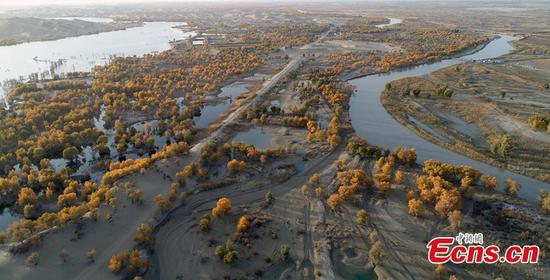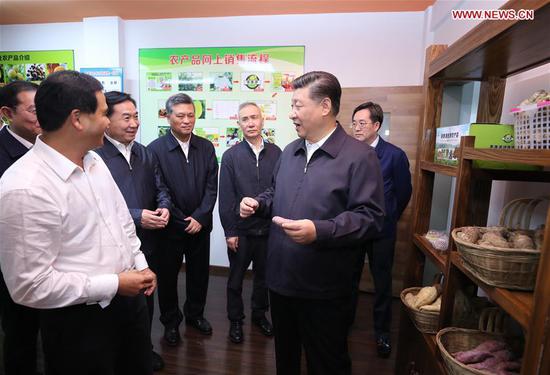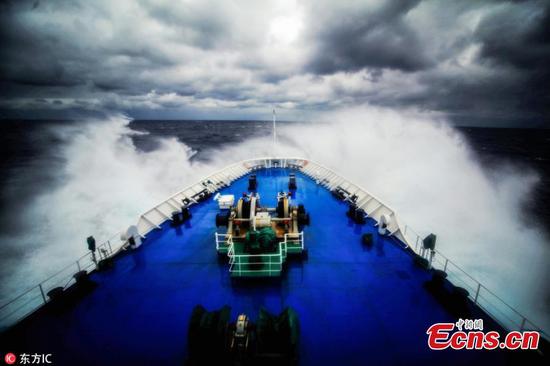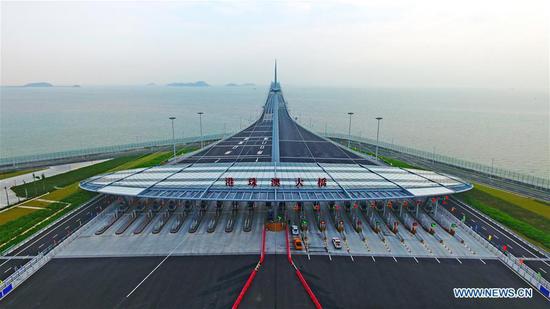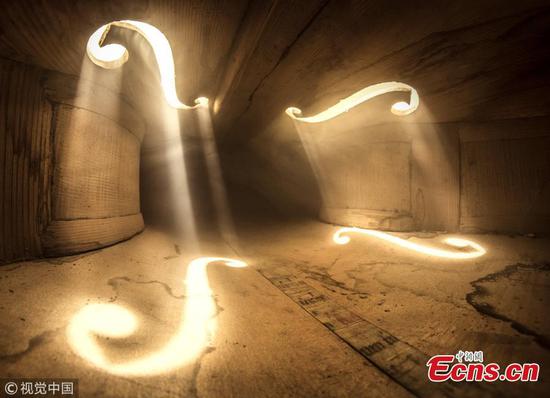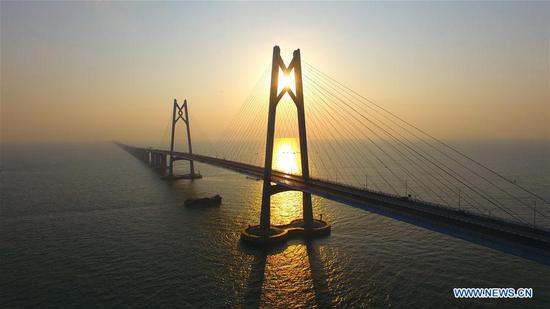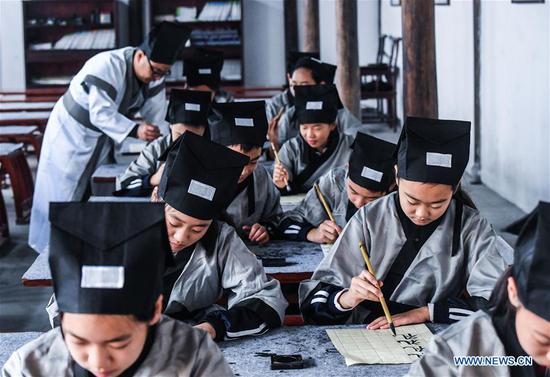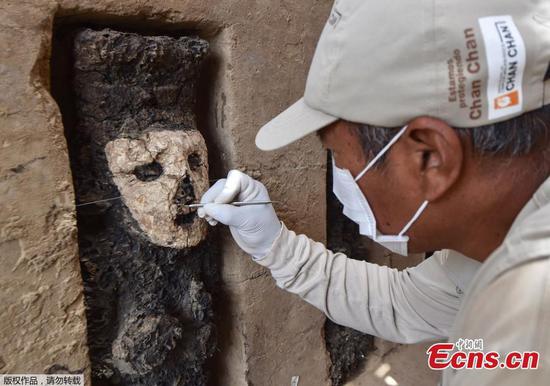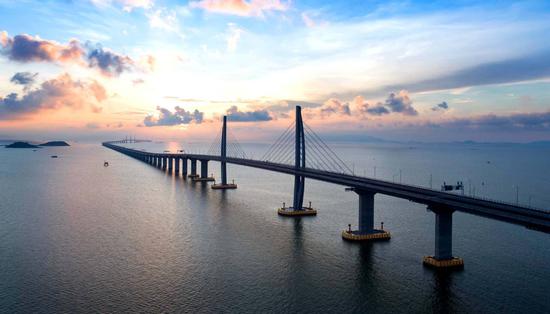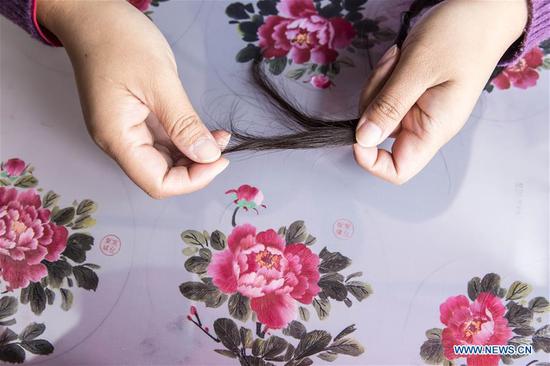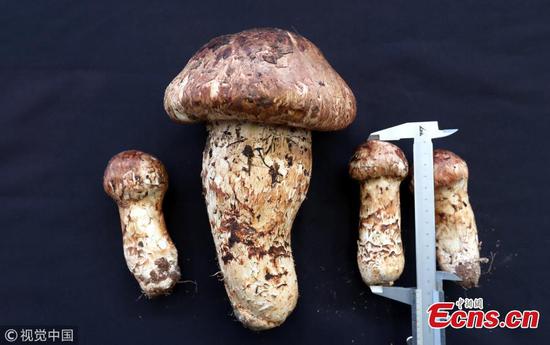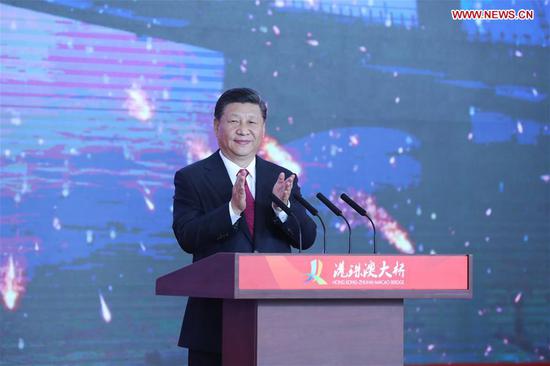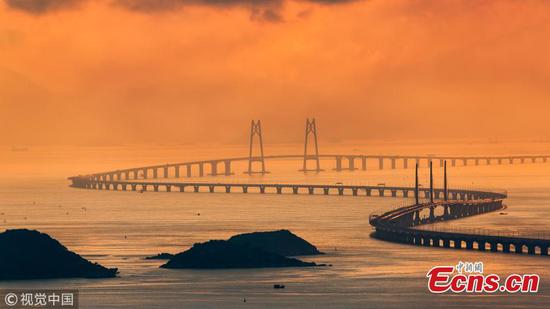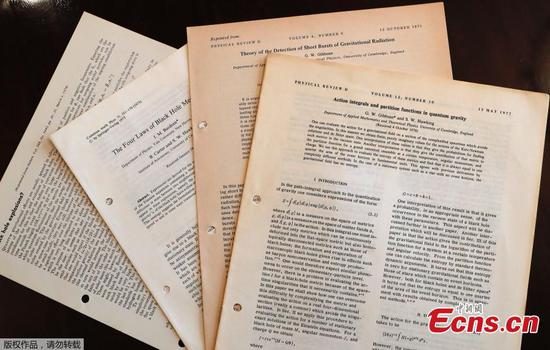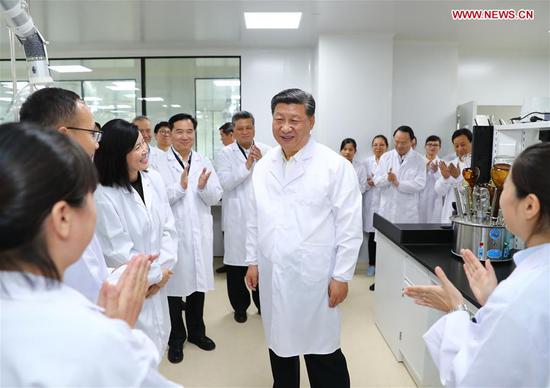Japanese Prime Minister Shinzo Abe will pay a three-day official visit to China from Thursday. The visit, the first by a Japanese prime minister in seven years, is expected to enhance ties with China and open up new scope for cooperation, according to experts in Tokyo.
ENHANCEMENT OF TIES ACCLAIMED
According to a survey released ahead of the 14th Beijing-Tokyo Forum held here earlier this month, more than 70 percent of the respondents in China and Japan view bilateral relations as important and more than 60 percent hope the two countries enhance bilateral and multilateral cooperation.
"In fact, it's a common understanding among Japanese politicians as well as the Japanese people that enhancing relationship with China is very important," Akio Takahara, a professor at the University of Tokyo, told reporters at the Foreign Press Center of Japan.
Since last year, Japanese Prime Minister Shinzo Abe has sent positive messages on a number of occasions on enhancing bilateral relationship, which have been noted and welcomed by China.
The momentum of improvement in China-Japan ties has been gathering steam since last year, and it is in the interests of both countries and will also have positive impact on the region's stability and prosperity, said Zhu Jianrong, a professor at Toyo Gakuen University in Tokyo.
Jin Jianmin, a senior fellow at Fujitsu Research Institute in Tokyo, said that with China's fast economic development, the respective advantages of the industries and technologies of the two countries become clearer, and the foundation of win-win cooperation become more solid.
FURTHER COOPERATION EXPECTED
Experts here noted that the visit is expected to promote and open up new scope for bilateral and multilateral cooperation.
Abe's visit is expected to promote mutual trust and it would provide a foundation "for conquering the difficulties in bilateral relations," said Kazuya Iwamura, commentator from Kyodo News.
Iwamura called for boosting cooperation under the Belt and Road Initiative and promoting trilateral trade cooperation between China, Japan and South Korea.
Proposed by China in 2013, the Belt and Road Initiative refers to the Silk Road Economic Belt and the 21st Century Maritime Silk Road, aiming at building a trade and infrastructure network connecting Asia with Europe and Africa along the ancient trade routes of Silk Road.
As this year marks the 40th anniversary of the signing of the China-Japan Treaty of Peace and Friendship, it provides a good opportunity for the two sides to review the important commitment made 40 years ago and the development of relations over the past 40 years, said Takahara.
He hopes that the two sides could enhance mutual trust through more people-to-people exchanges, especially through the communication between the younger generations.
Jin said it's hoped that the prime minister's visit would promote win-win cooperation between the industries of the two countries as well as the region.
"The two sides are expected to build a new win-win cooperation mode including third-country market cooperation and open up new cooperation scope such as in new economies and innovation sectors," he said.
Experts here also pointed out that the improvement of ties between the two countries is particularly significant under the current circumstances with rising trade protectionism in the world.
Tase Yasuhiro, political analyst and Nikkei columnist, said that trade protectionism would also hurt Japan, and it's vital for Japan to enhance cooperation with China to promote free trade.
"Coordination and cooperation between China and Japan will help curb trade protectionism in the world while providing a stable and predictable policy environment for cooperation between enterprises," said Jin.
Such cooperation, benefiting not only bilateral economic ties but also Asian economic integration and world free trade, will set a positive example for maintaining and developing global economic order, experts said.









